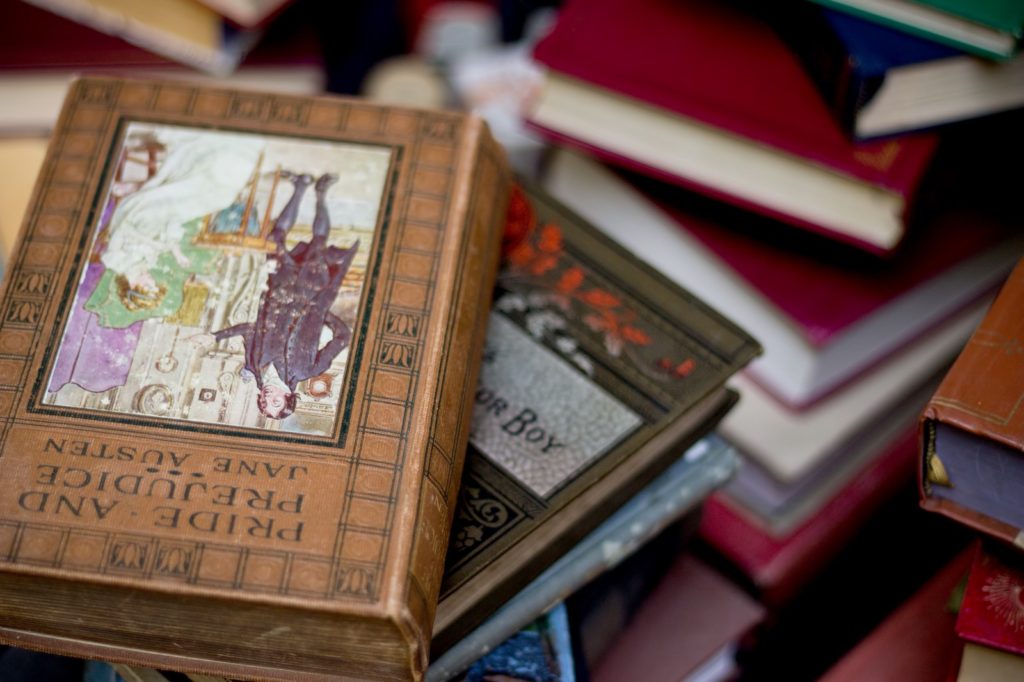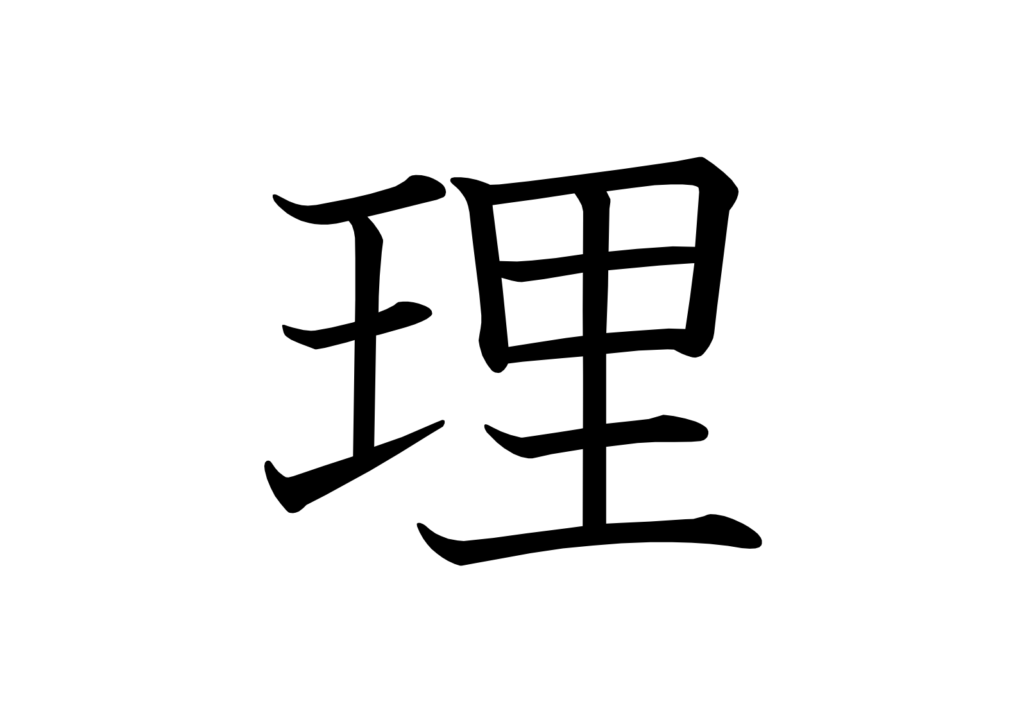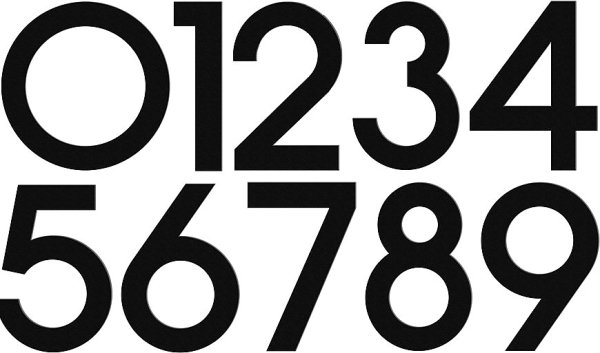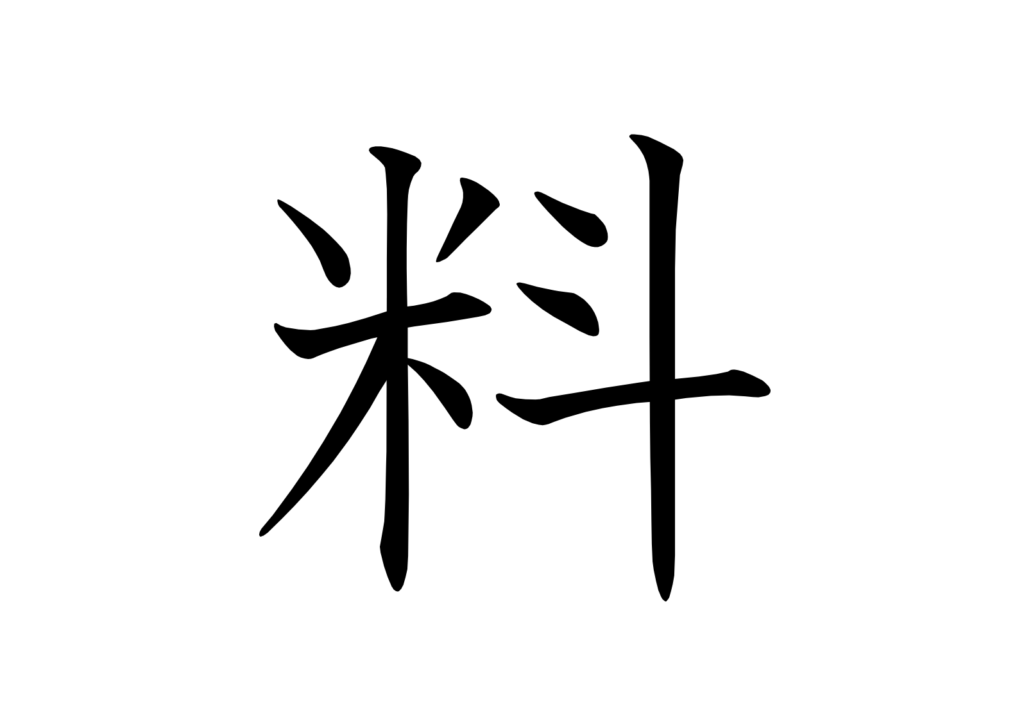October 2018– date –
-

〜の〜②
【N2】 N1 no N2 The particle の has various uses. Today you will learn the new use of の. 【N2】 N1 explains what N2 is about. 【】 【です。】 N1 N2 kore wa supein go no hon desu. This is a book about Spa... -

理
「理」: Stroke order, pronunciation, and examples.【JLPT N4】 -

Numbers
[wc_row] [wc_column size="one-fourth" position="first"] 【いち】 ichi one [/wc_column] [wc_column size="one-fourth"] 【に】 ni two [/wc_column] [wc_column size="one-fourth"] 【さん】 san three [/wc_column] [wc_column size="one-fourth" po... -

〜は〜ですか、〜ですか
【】 You can use the question sentence 〜ですか more than once in a sentence. It is used when you want to ask which is correct. When to answer this question, you can't answer with はい or いいえ. 【】 【。】 kore wa booru pen desu ka, sh... -

料
「料」: Stroke order, pronunciation, and examples.【JLPT N4】




